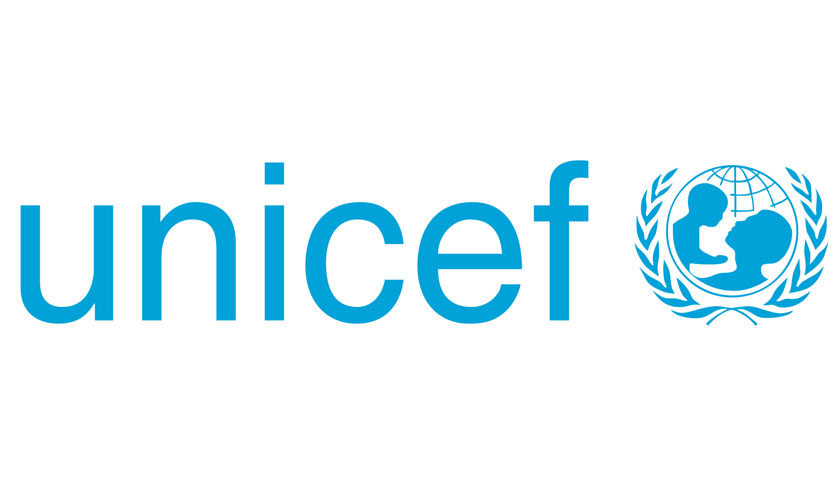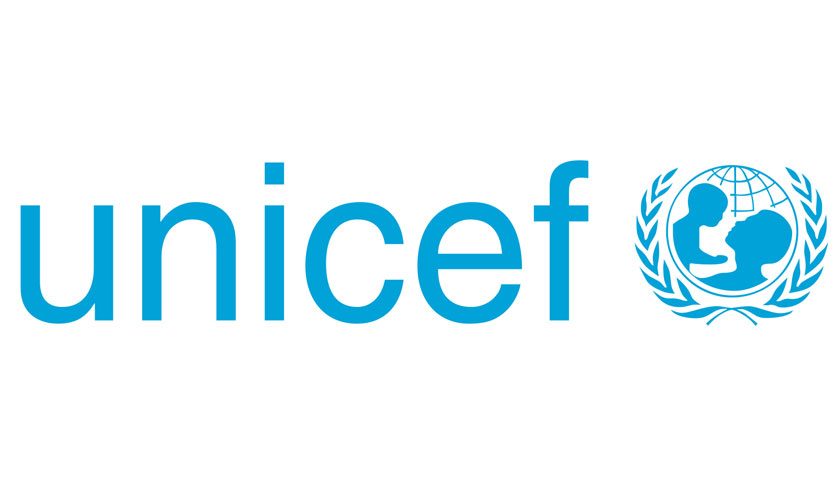UNICEF have launched a new initiative using online gaming to challenge misconceptions about refugee and migrant children and showcase their potential, skills and creativity. ‘Reimagine the world like a gamer’ features a short film and digital mini game with refugee and migrant children cast as the heroes. Viewers and gamers are pushed to look beyond the circumstances and vulnerabilities of these children to see their potential and help them reach their goals.
The film depicts the real-life stories of Nora, Sama and Pouya – three refugee and migrant children from Somalia, Egypt and Afghanistan respectively – now living in Greece who share their dreams of becoming a doctor, an author and a pilot. The film simulates a video game, positioning the children as the game’s heroes and the audience as the game player.
“Games and gaming are an outlet for children and young people with otherwise limited integration and play options in a COVID world,” said Gary Stahl, UNICEF Director of Private Fundraising and Partnerships. “Games can be a social equalizer, allowing children and adolescents of diverse backgrounds to focus on what makes them similar, rather than different. Games create a fun and comfortable environment to start learning acceptance.”
The initiative is part of UNICEF’s Reimagine campaign which works to ensure that the COVID-19 pandemic does not become a lasting crisis for children and that the post-COVID world is fit for every child, including those from marginalized groups like refugees and migrants.
The COVID-19 crisis is a child rights crisis. The costs of the pandemic for children are immediate and, if unaddressed, may persist throughout their lives. Without immediate funding and key lifesaving interventions, an additional 6,000 children could die every day over the next six months as the COVID-19 pandemic continues to weaken health systems and disrupt routine services.
Around the world, UNICEF is working both to prevent transmission of COVID-19 and mitigate the collateral impacts on children, women and vulnerable populations, especially around access to health, nutrition, water and sanitation, education and protection. The children’s agency is maintaining a steady flow of personal protection equipment — such as gowns, masks, goggles and gloves — to support infection prevention and control while keeping essential, hard-working health workers safe.

